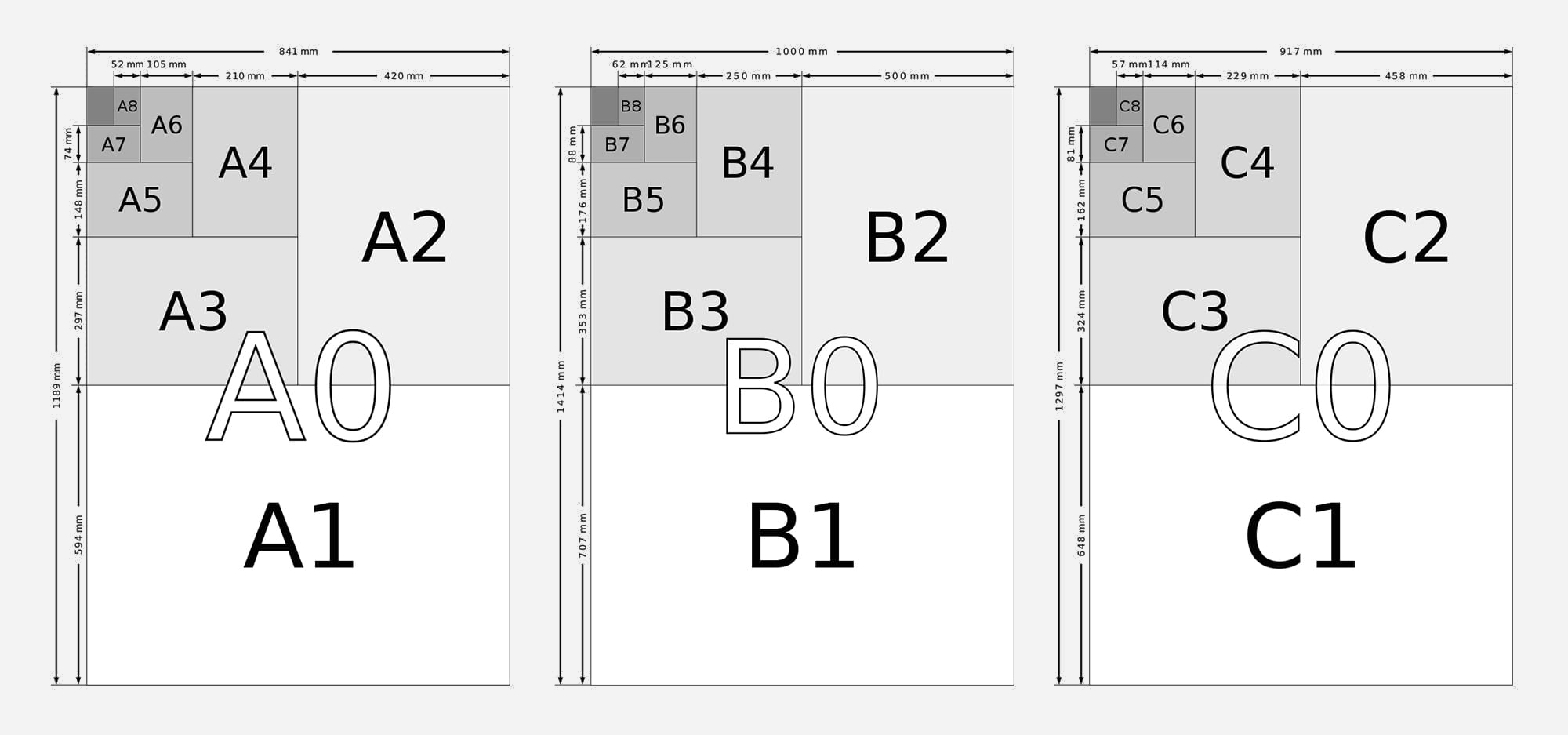What really is work stress?
The nature of working life has changed significantly over the last decades. Requirements are more and more complex than ever. Almost a third of European workers report suffering or experiencing work-related stress. The number is very large as it reaches about 40 million people. Work-related stress is responsible for the loss of working days each year that has consequences for both workers and businesses. Work stress is non-discriminatory and can really affect everyone even if they think they are strong and not affected. Anxiety occurs at all stages of work, but it is also noticeable for students.

Work-related stress and psychological risks are among the major occupational hazards and are linked to both unemployment and exposure to physical, chemical and biological hazards. Numbers speak for themselves and it is not a random occurrence that records so great numbers of people suffering from work-related stress. However, many businesses do not understand how much this affects them. Anxiety is considered to be one of the most important problems associated with work and relates to the organization of work. The need to implement anxiety prevention and management activities exists in all European countries and in all kinds of businesses.
What is the stress that comes mainly from work?
Work stress is the reaction that many people have when they are under pressure at their workplace for a certain period of time or constantly on some rare occasions. Many people are motivated by the challenges and difficulties that arise from the demands of their work and come into a state of intense stress. Successful processing of these requirements leads to personal satisfaction. However, when work pressure reaches excessive levels and lasts for a long time, people find a threat to their wellbeing or interests and then experience feelings such as fear, anger or anxiety. This situation is what creates the most problems but also the most serious consequences.

Occupational stress can be defined as the harmful physical and emotional response that occurs when work requirements do not match the employee’s abilities, resources or needs. Occupational stress can lead to illness or even injury. It is a negative and unpleasant situation that occurs when a person realizes that he cannot meet the demands or pressures imposed on him. Unacceptable levels of anxiety can be associated with a number of negative physical and psychological consequences. Usually, the consequences of intense anxiety of a period occur in later times and this is the fact that confuses people by making them think they have overcome the difficult period at no cost.
The concept of stress is often confused with the challenges. However, these two terms are not the same. A challenge gives psychological and physical energy. It stimulates the acquisition of new skills and the achievement of new goals. When a challenge is satisfied, we feel relaxed and satisfied. Challenges are an important element of healthy and productive work, when they are, of course, appearing to a reasonable degree. Their importance in working life is essential because, through small doses of anxiety, man activates and mobilizes all his forces in a coordinated manner. However, the challenges differ from anxiety, which can affect the physical and mental health of the individual as well as the proper functioning and performance of the business.

Causes of work-related stress can also be classified into three categories listed below:
General causes of work-related stress
- Organizational problems
- Insufficient support
- Many lonely hours
- Low prestige, salary and development potential
- Scarce formalities and procedures
- Uncertainty and insecurity
Specific causes of work-related stress
- Fuzzy job descriptions
- Overriding roles
- Utopian high expectations (perfectionism)
- Lack of influence on decision making (weakness)
- Frequent clashes with superiors
- Isolation from colleagues support
- Lack of variety
- Little communication
- Inappropriate leadership
- Collisions with colleagues
- Inability to complete a job
- Unnecessary races
Causes of work-related stress associated with tasks
- Difficult clients or difficult ones
- Insufficient training
- Emotional relationships with clients or subordinates
- Labor responsibilities
- Inability oν effective action

Everyone experiences anxiety in a different way. Stress can cause many personal problems. It can typically cause unusual and disturbing behaviors in the workplace and harm physical and mental health. Work-related anxiety also has physical and emotional consequences that extend over a very wide range. Some of the physical effects are increased blood pressure, pain, nausea, and a low immune system. Symptoms of anxiety can cause immediate physical changes such as changes in heart rate and breathing rate, muscle tension, nausea or vomiting. When they feel anxious, people experience symptoms of anger, protest, or despair, and they are also anxious or out of control.
Work stress is a phenomenon that has unfortunately got enormous dimensions and needs to be recognized and can be tackled quickly.













Leave a Reply
You must be logged in to post a comment.